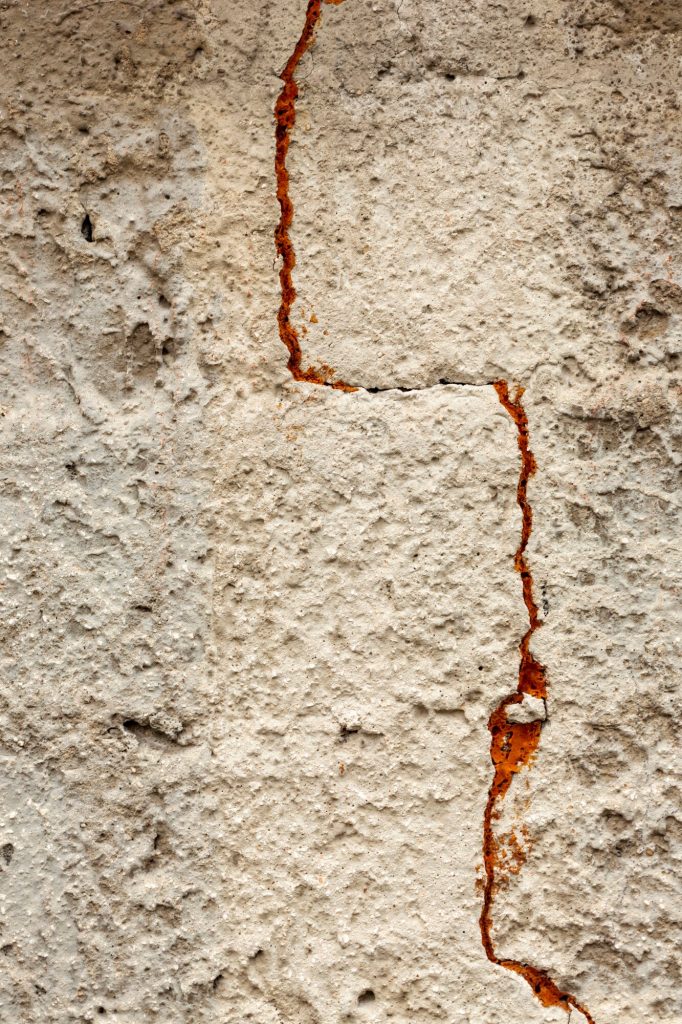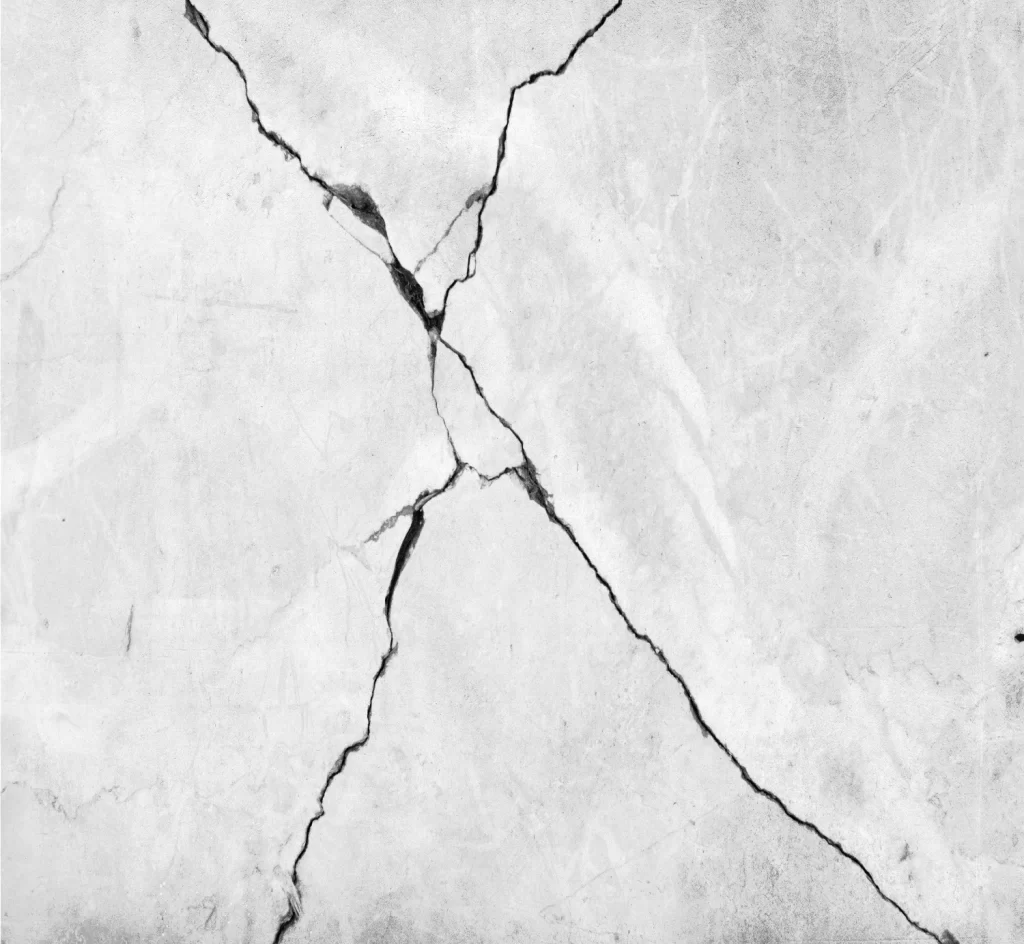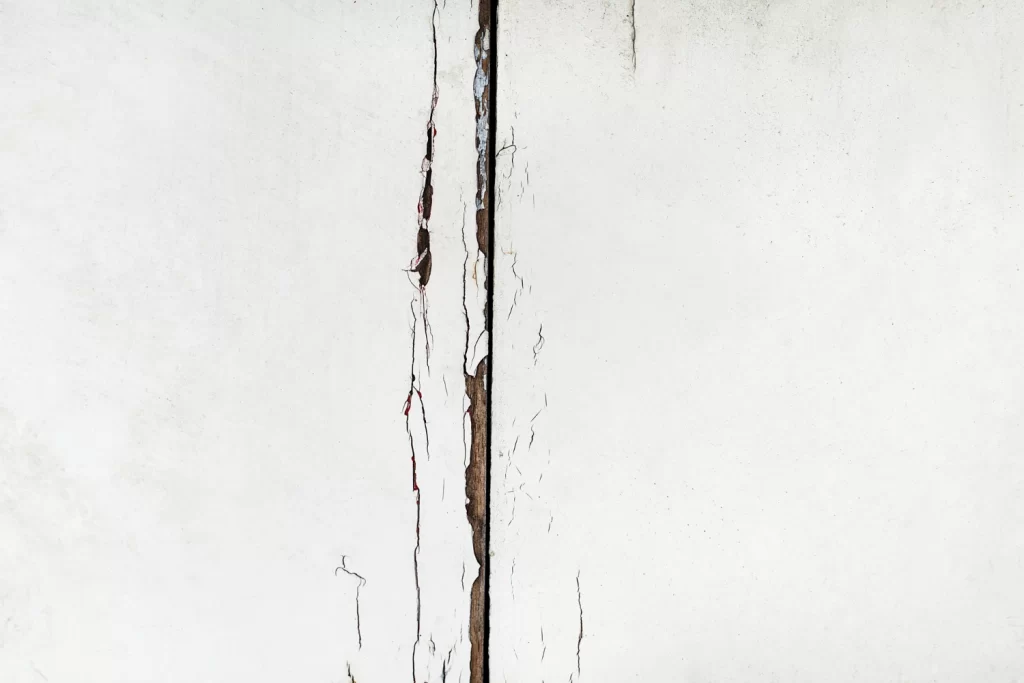Wall Crack Repair
Address Wall Cracks Early to Prevent Structural Damage.
Identify Causes and Get Expert Solutions for Lasting Repairs and Protection.
Wall Crack Repair Services
Cracks in walls can be a cause for concern, as they may indicate underlying structural issues or water damage. While some cracks may be cosmetic, others can be signs of more serious problems. Understanding the different types of wall cracks and their causes is essential for determining the appropriate repair method.

Types of Wall Cracks
- Hairline Cracks:These are thin, vertical cracks that are typically less than 1/8 inch wide. They often occur due to normal settling or minor temperature fluctuations and may not require immediate attention.
- Horizontal Cracks:Horizontal cracks can be a sign of foundation settlement or water damage. If they are accompanied by other signs of foundation issues, such as bowing walls or sloping floors, professional inspection is recommended.
- Diagonal Cracks:Diagonal cracks may indicate structural problems, such as weak framing or foundation issues. They should be evaluated by a professional to determine the root cause.
- Cracks with Efflorescence: Efflorescence is a white, powdery substance that can form on the surface of walls. It is often caused by moisture infiltration and can be a sign of underlying structural problems

Causes of Wall Cracks
- Foundation Settlement:Uneven settlement of the foundation can cause cracks in the walls.
- Water Damage:Moisture infiltration can weaken the walls and cause cracks.
- Poor Construction:Inadequate construction techniques or materials can lead to structural problems and cracks.
- Temperature Fluctuations:Extreme temperature changes can cause walls to expand and contract, leading to cracks.
- Tree Root Intrusion: Tree roots can exert pressure on the foundation and walls, causing cracks.

Wall Crack Repair Techniques
- Caulking:For minor hairline cracks, caulking can be used to seal the crack and prevent water infiltration.
- Epoxy Injection:Epoxy can be injected into larger cracks to strengthen the wall and prevent further damage.
- Hydraulic Lifting:In severe cases of foundation settlement, hydraulic lifting can be used to raise the foundation and repair the cracks.
- Wall Replacement:If the damage is extensive, replacing the affected section of the wall may be necessary.

When to Call a Professional
If you notice significant cracks in your walls, especially if they are accompanied by other signs of structural problems, it’s important to consult a professional. Qualified contractors like ours can assess the damage and recommend the appropriate repair method.

Preventing Wall Cracks
- Proper Drainage: Ensure proper drainage around the foundation to prevent water infiltration.
- Landscape Maintenance: Regularly inspect and maintain landscaping to prevent damage to the foundation.
- Regular Inspections: Schedule regular inspections to identify and address any potential structural problems early on.
By working with our team you can be proactive with repairs and damage control.

Our Service Areas
- Middlesex County
- Somerset County
- Monmouth County
- Hunterdon County

